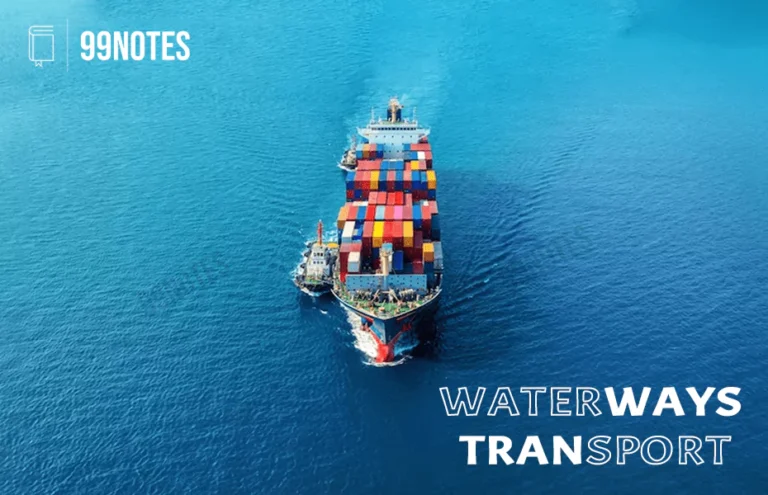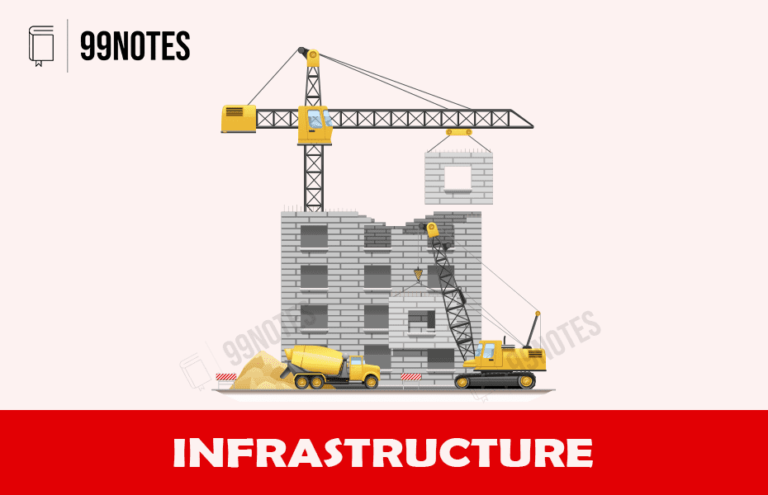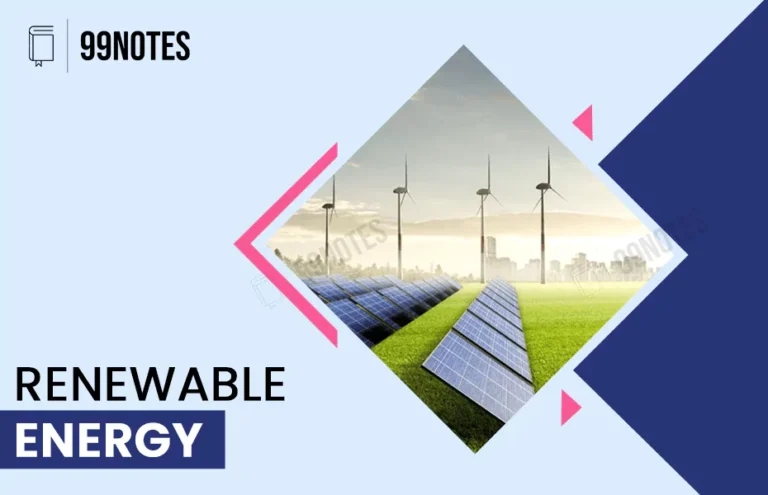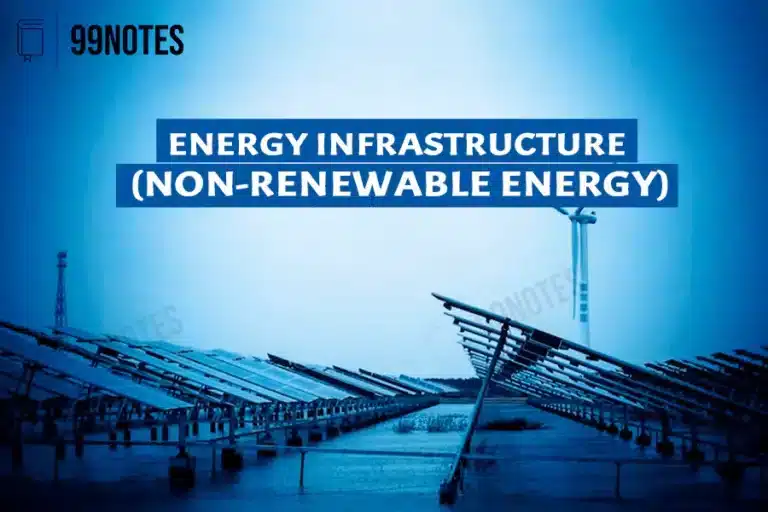Waterways Transport: Statistics, Challenges, Initiatives & More | UPSC Notes
Waterways Transport India is a land of rivers surrounded on three sides by ocean. It has around 7500 kilometres of coastline and 14,500 km of potentially navigable waterways. Moreover, it is strategically located on key international trade routes. This unique natural resource and strategic geographic location endow India with vast potential in trade through Waterways…








